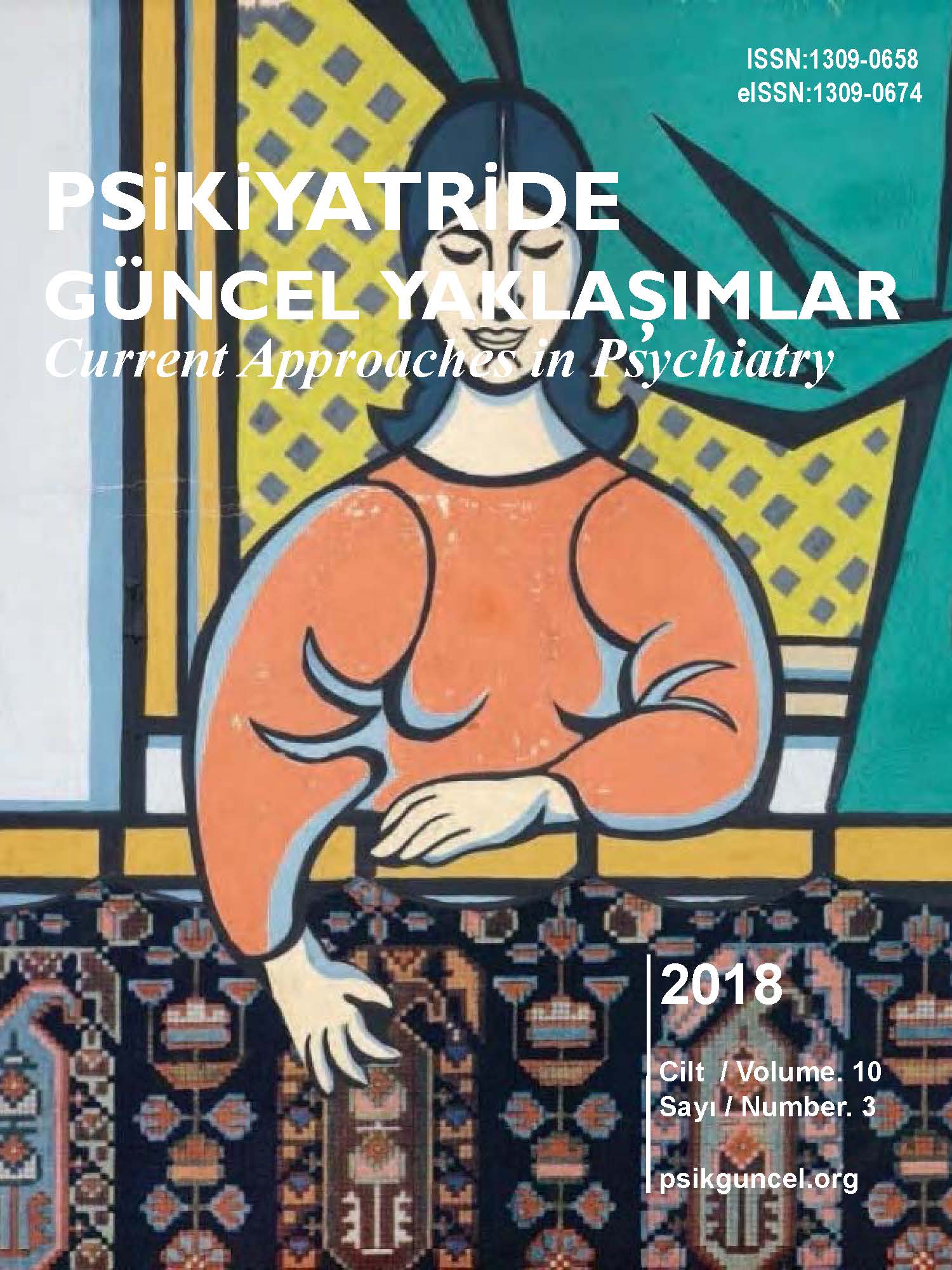Problem Çözme Performansında Yaşa Bağlı Farklılıklar
Age Related Differences in Problem Solving Performance
Author(s): Cem Soylu, F. Cansu PalaSubject(s): Psychology, Individual Psychology, Cognitive Psychology, Clinical psychology
Published by: Çukurova Universitesi Tip Fakultesi Psikiyatri Anabilim Dalı
Keywords: problem solving; adulthood; cognitive functioning;
Summary/Abstract: The ability of problem-solving is one of the skills that are very influential in a person’s life and it also has critical importance on successful aging. The examination of daily problem-solving consists the solutions that an individual produces when faced with an everyday problem such as preparing a meal, maintaining a social relationship and/or following a recommended medical treatment. The recent studies show that problem-solving performance is very much related to the social context as well as it is related to cognitive abilities and personality traits. Since everyday problem-solving ability can be described as a versatile dynamic process, it should be studied in various contexts. Although the definition of success in problem-solving may vary through a lifespan development perspective, studies reveal that there are divergent patterns of change (decreased, increased or remained the same) in performance based on age. More specifically, some findings indicate that performance decreases as age increases, but other researchers have pointed out that there is no negative linear relationship between age and problem solving in conflict with theories and these fings vary. The aim of this review is to address recent approaches to problem-solving ability, discuss potential factors that may relate to this construct and summarize their recent findings.
Journal: Psikiyatride Güncel Yaklaşımlar
- Issue Year: 10/2018
- Issue No: 3
- Page Range: 280-291
- Page Count: 12
- Language: Turkish

